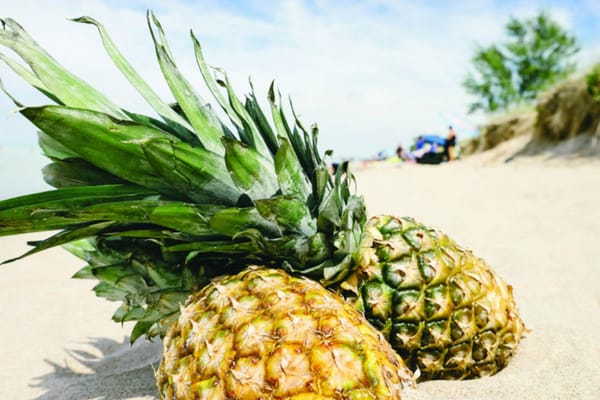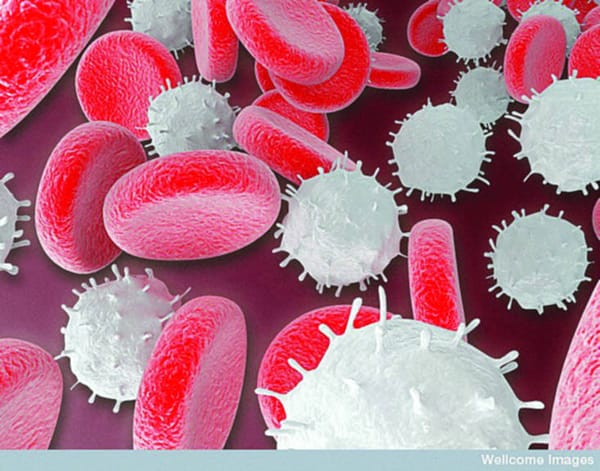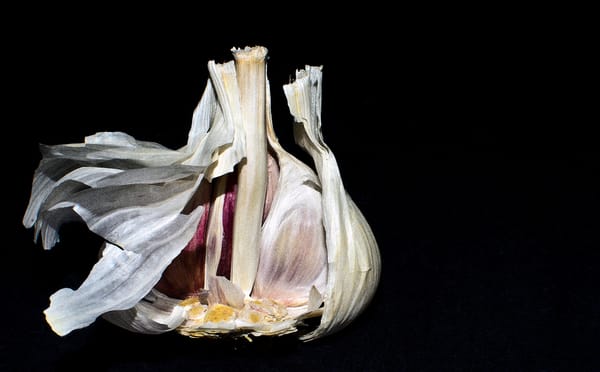To be or not to be vegan?
Why veganism isn’t for everyone
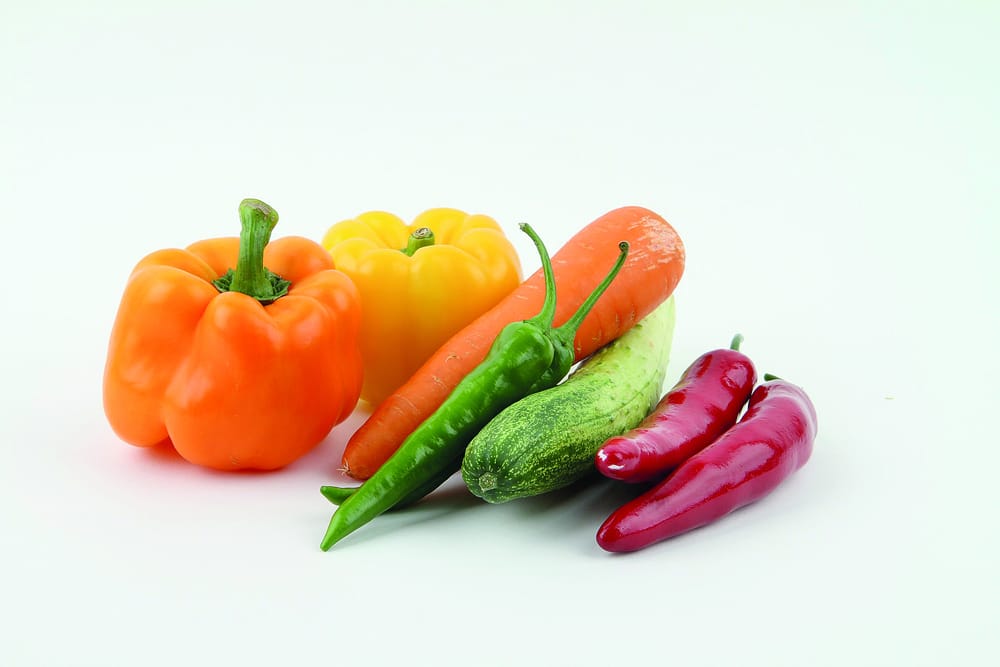
Let the flags fly and wars rage. Veganism is probably one of the most contentious topics of our time. Though I am not fully vegan due to personal reasons, I joined VegSoc because, after watching documentaries like Cowspiracy and Food Matters, anyone would be hard-pressed to lay off meat slightly. I think it’s time we appreciate the ups and downs of veganism, as contrary to popular belief, vegans aren’t the angry meat prosecutors most people think they are.
The argument is two-sided: some claim veganism prolongs health, others experience a physical decline after the switch. Of course, science can help to explain why some people fare worse than others. Here are a few key reasons for differing responses:
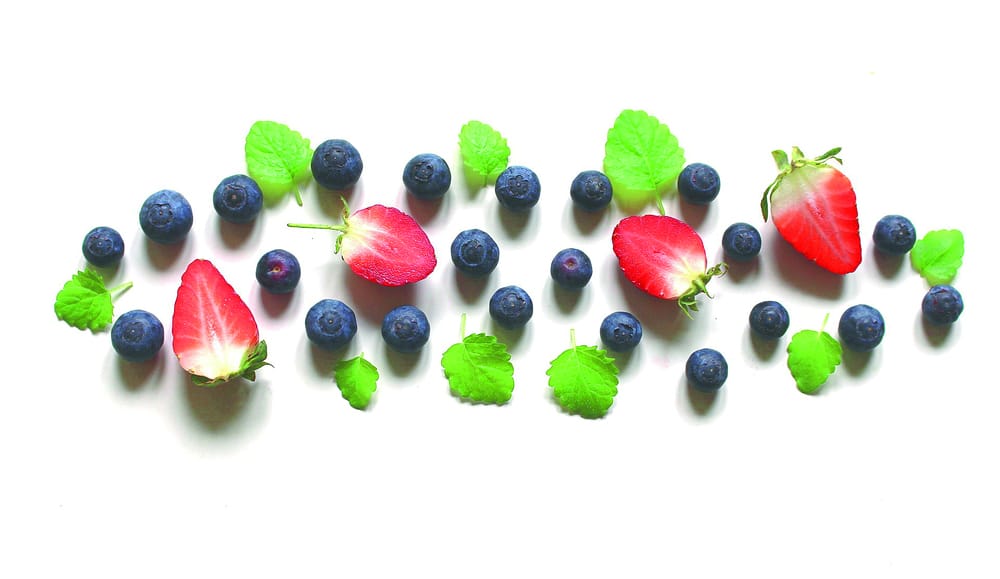
1. It’s your gut’s fault. To sum it up, some gut microbiomes are more veggie-friendly than others. Important bacterial communities synthesise Vitamin K2, which is needed for skeletal health and to maintain insulin levels. Alongside this, K2 is found almost exclusively in animal products. So, if someone’s microbiome is lacking these bacteria, without animal products K2 levels will drop, leading to increased risk of fractures and other horrid stuff like cardiovascular disease.
2. Vitamin A. Unlike what most think, Vitamin A, which promotes good vision and immune response, is not present in its active form in plants (whereas it is in animal products). The veggie form must then be converted by a special enzyme in order to be used by the body. Those with lower levels of this enzyme (around 45% of us), have difficulty getting enough Vitamin A from plants alone. Low thyroid function and poor gut health only exacerbate this condition.
3. Starch tolerance. Most vegans will have to compensate for lower meat levels with more carbohydrates, but again, this depends on one’s ability to process all that starch. We all need an enzyme called alpha-amylase to break down starch, however those historically more inclined to eating starch, such as Japanese or Southeast Asians, have more copies of the alpha-amylase gene. For those with low starch tolerance, sudden carb influx will lead to shaky blood sugar levels and possibly weight gain.
So what are we supposed to do with all this information? Trial and error is probably our best bet. With the right microbes and genes, a vegan diet supplemented with Vitamin B12 can do wonders, but it’s up to you to listen to your body.



